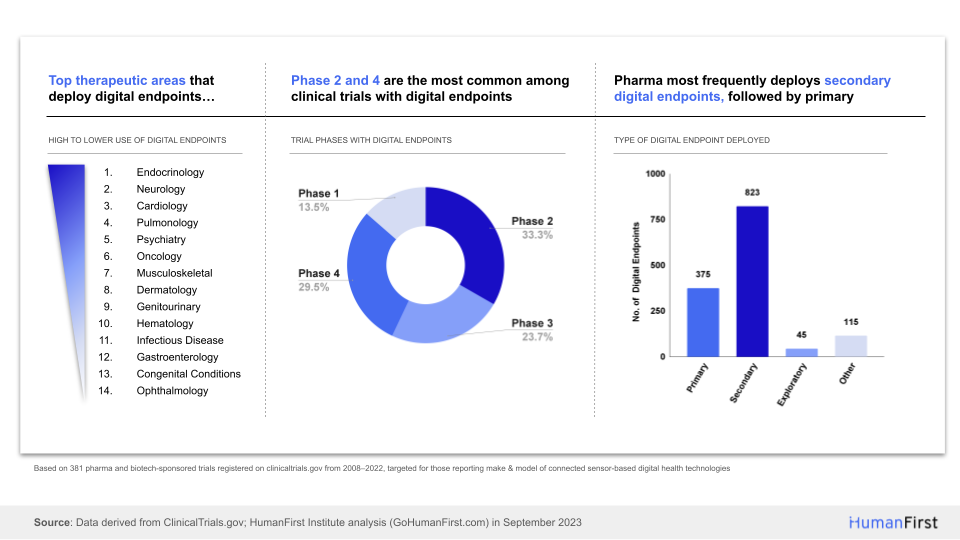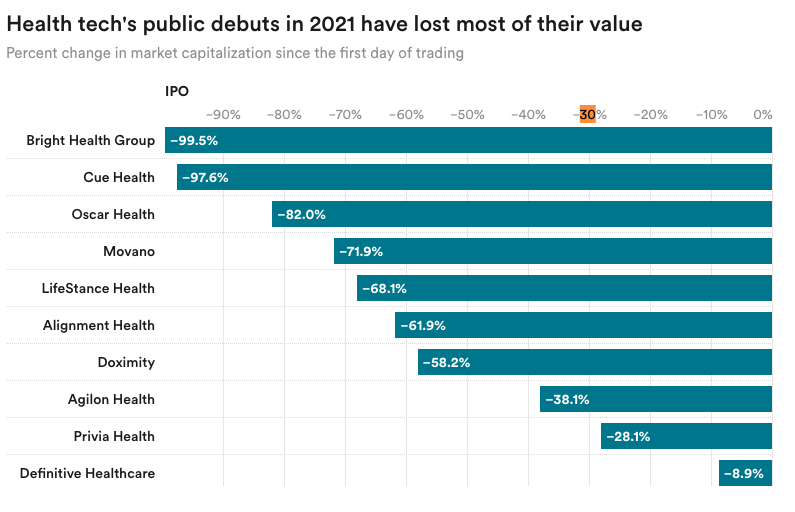Your guide to how tech is transforming health care and the life sciences
| Health Tech Correspondent |
|
|
Good morning health tech readers! Today, a look at the connections between biotech and digital health. Reach me: mario.aguilar@statnews.com |
|
|
Biotech Biogen shutters digital health group, ends Apple study As Biogen moves to cut costs after a series of setbacks, it will shut down its digital health group, STAT's Matthew Herper and I learned. Among important projects ending is a study collaboration with Apple that sought to use sensor data and cognitive assessments to develop tools for early detection of Alzheimer's disease. Adam Keeney, Biogen's executive vice president and head of corporate development, told STAT that the closure did not signal an "abandonment of digital" and that the company would continue development of digital biomarkers, work on tools for engaging people with rare diseases, and other efforts. Many of the projects being cut are around multiple sclerosis, an area where Biogen developed blockbuster drugs but is facing increasing competition from generics. The Apple study, called Intuition, was originally slated to run through 2024, and it was near its target enrollment of 23,000 participants when participants were notified it was ending. Keeney said that there was sufficient data to glean insights from the study and that Biogen would publish something in the future. Read more here
Digital Biomarkers Data on digital health tools in pharma trials 
While drug companies like Biogen may be reassessing their strategy on digital health, new data suggests that interest in using technologies as endpoints in clinical trials is on the rise. According to HumanFirst, which makes tools that help trial sponsors make decisions around how to use technologies, 130 drug companies have used digital endpoints in trials from the early research stages and into studies conducted once a drug is on the market.
Finance 2021 health tech market debuts revisited 
In 2021, more than 30 health technology companies took advantage of prime market conditions and went public. How'd it go? Not so great, writes STAT's Katie Palmer.
Three of the companies that went public — Pear Therapeutics, Rockley Photonics, and Babylon Health — have filed for bankruptcy. The broader picture isn't much better for most of the other companies, many of which have lost most of market value since debuting and several are now scrambling to slash costs, drum up liquidity, and find buyers,
Read more here |
|
Research Predicting preterm births with wearables In a new study, machine learning researchers at Stanford University used a deep learning model to analyze wearable activity and sleep data from pregnant participants. No surprise, their sleep typically got worse and their activity slowed down over the course of a pregnancy. But as Katie reports, some participants had sleep and activity profiles that didn't match their pregnancy stage — and it was those pregnancies, the researchers found, that were more likely to result in a preterm birth. Read more here |
|
Check out more exclusive coverage with a STAT+ subscription | Read premium in-depth biotech, pharma, policy, and life science coverage and analysis with all of our STAT+ articles. |
|
What we're reading - Private insurer payments for telehealth and in-Person claims during the pandemic, KFF
- AI hurricane predictions are storming the world of weather forecasting, Wired
-
Specifying the efficacy of digital therapeutic tools for depression and anxiety: Retrospective, 2-cohort, real-world analysis, Journal of Medical Internet Research |
|
Thanks for reading! More on Tuesday - Mario Mario Aguilar covers how technology is transforming health care. He is based in New York. |
| STAT, 1 Exchange Place, Boston, MA | ©2023, All Rights Reserved. | |
|



No comments